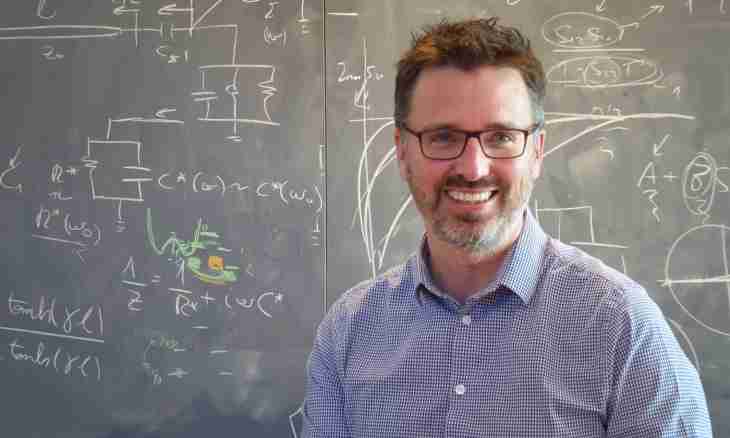The quantum mechanics is one of models of theoretical physics, describing laws of the quantum movement. She "watches" a state and the movement of microobjects.
Three postulates
All quantum mechanics consists of the principle of relativity of measurements, the principle of uncertainty of Heisenberg and the principle of complementarity of N. Bohr. All further in quantum mechanics is based on these three postulates. Laws of quantum mechanics is a basis of studying the structure of substance. By means of these laws the scientists found out the structure of atoms, explained the periodic system of elements, studied properties of elementary particles, understood the structure of atomic kernels. By means of quantum mechanics the scientists explained temperature dependence, calculated the size of solid bodies and thermal capacity of gases, defined the building and understood some properties of solid bodies.
Principle of relativity of measurements
This principle is based on results of measurement of physical quantity depending on measurement process. In other words, observed physical quantity is own value of the corresponding physical quantity. It is considered that not always the accuracy of measurement increases with improvement of measuring devices. This fact described and W. Heisenberg in the well-known principle explained uncertainty.
Principle of uncertainty
According to the principle of uncertainty as increases the accuracy of measurement of speed of movement of an elementary particle, also uncertainty of stay it in space and vice versa increases. This opening of W. Heisenberg was put forward by N. Bohr as unconditional methodological situation. So, measurement — the major research process. To take measurement, the special teoretiko-methodological explanation is required. And its absence causes uncertainty. In measurement it is put a harakteristikatochnost and objectivity. Modern scientists consider that the measurement done with the necessary accuracy serves as a major factor of theoretical knowledge and excludes uncertainty.
Principle of complementarity
Watch facilities are relative to quantum objects. The principle of complementarity is that the data received in experimental conditions cannot be described a uniform picture. These data are additional in the sense that the set of the phenomena gives complete idea of properties of an object. Bohr tried on the principle of complementarity not only to physical sciences. He considered that possibilities of living beings – are many-sided, and depend from each other that studying them, it is necessary to address complementarity of these observations again and again.

